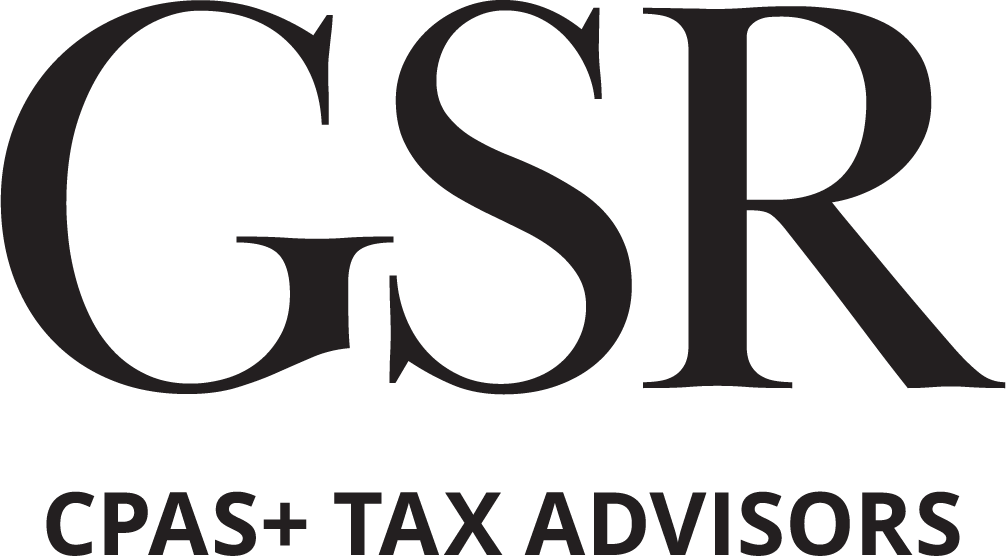
Nothing is dependable like the economy’s undependability. But that doesn’t mean that you have to go into an uncertain economic time feeling stressed or unprepared. The economy will ebb and flow, but having an appropriate budget will help you prepare for any potential setbacks, prioritize essentials, and wisely manage your finances.
The best way to handle the uncertainty is by hiring a CFO, or a chief financial officer, who can help you allocate your funds and handle your financial resources. Here are ways in which a CFO will help or recommend that your business strategically budget, even when the economy is shifting.
1. Assess Finances
The first step that a CFO will do is assess your financial situation. This includes looking over your current spending, debt, cash flow, and profit margins. Hiring an honest and trustworthy CFO will give you peace of mind when you know that they will give truthful and helpful advice to keep your business moving forward successfully, even during uncertain economic times.
2. Identify Essentials
Once a CFO has a full picture of what your finances look like, they will work with you to identify what the essentials are in your spending. CFOs will help you find ways to cut costs in any area that is not necessary: needlessly large office space, excessive office supplies and equipment, ineffective marketing costs, poor employee to work ratio, etc. Though you might initially feel the shift from cutting some of these, it will be best for your company to allocate money where it is truly essential to prepare for any economic changes.

3. Cost Optimization
Though cutting unnecessary expenses is a great way to have some extra money dure uncertain economic times, your budget can greatly benefit from cost optimization. This is the process by which you find avenues to still get the services or products that you need in a more cost-effective way. A CFO can communicate with banks, investors, contractors, and lenders to negotiate a lower cost for some services or payments. They can also help you find less expensive software, negotiate debt, and communicate with any other stakeholders to maintain the quality of your business.
4. Strengthen Cash Reserve
One of the wisest things you can do financially during uncertain economic times is to set aside enough money for an emergency fund, or cash reserve. This ensures that even if something happens that cuts or hinders your revenue, you are still able to survive as a company. You don’t want the economy to wipe you clean from any financial progress you’ve made or put you at risk of going out of business. A CFO can help you make sure that you have enough money put away for 3-6 months’ worth.
5. Risk Management
Because of a CFO’s experience and knowledge, they will be able to understand trends and run financial models under best, moderate, and worst economic scenarios. They can then help you plan and budget accordingly and prepare for the worst case. This gives you an idea of how to move forward and prepare, despite uncertain economic times.

6. Diversifying Revenue
Diversifying revenue may be a great strategy for your business. It’s the idea of “don’t put all your eggs in one basket” – a CFO helps you get set up to bring in income in different ways. They may recommend ways to expand your market through new revenues than what you currently have, or suggest alternative services and products you can market. They may also help with adjusting pricing costs to bring in extra money or help transition to technology that reduces costs.
7. Optimizing Workforce Strategies
A business can make hiring mistakes that can cost more than they have budgeted for or lead to a money trap. If there are too many employees, people hired on for unnecessary positions, or excessive resources dedicated to training or hiring, then funds will be spread thinner. This can lead to workers being less motivated if money is being cut from their wages and the business will suffer, especially during uncertain economic times. Instead, a CFO will help your employee budget work for you; they will implement hiring freezes, performance-based compensation, and cross training. All of these will be helpful ways to balance work efficiency and budgeted finances.

Let Us Help
At Golub, Senitt, Rosenberg, & Co. (GSR), we have over 20 years of experience working with businesses to help them through any financial problems, including uncertain economic times. Our fractional CFO services provide the best in a variety of services. We want you and your business to succeed. Reach out today.



